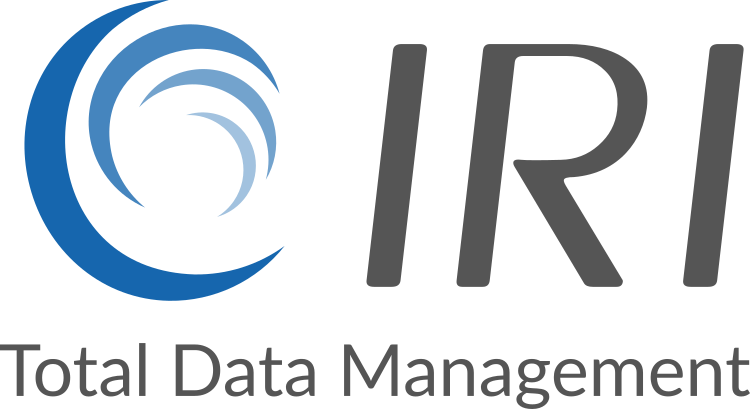
IRI Workbench™ is the free graphical user interface (GUI) and integrated development environment (IDE) for all IRI data management and protection software products, and the Voracity platform which includes them. Available on Windows, MacOS, and Linux, Workbench drives jobs through proven IRI CoSort and Hadoop engines while leveraging all that Eclipse™ offers.1
IRI Workbench features metadata creation, conversion, discovery, and application wizards to help you generate, deploy, and manage the simple job scripts (SortCL, etc.), data definition files (DDF), and XML workflows common to all IRI software. In the same pane of glass, you can also administer your databases and develop or use applications in any other language or plug-in supported in Eclipse.
Use Any Interactive Design Feature
Syntax-aware editors with dynamically linked outlines
Fit-for-purpose new job creation (script generation) wizards
Help-enabled graphical dialogs and form editors to modify metadata and job specs
State-of-the-art visual workflow designer using Sirius graphics (enlarge the screenshot below)

Erwin (AnalytiX DS) Mapping Manager and spreadsheet-compatible mappings
Java API to feed or consume Voracity job metadata from your own applications

Do It All in the Same Pane of Glass
Data discovery, profiling, classification, and metadata definition
Very large database (VLDB) extraction (E) in IRI FACT or Voracity
Data transformation (T), loading (L), and BI / data wrangling in IRI CoSort or Voracity
Data migration and replication via IRI NextForm or Voracity
Data masking, encryption, and re-ID risk scoring in IRI FieldShield, DarkShield, CellShield EE or Voracity
Test data generation using IRI RowGen or Voracity
ER, workflow, and transform mapping diagrams
Everything you need, simplified into one GUI built on Eclipse™
Learn More
Within the wizards and dialogs of IRI Workbench are also data mapping, MDM, and rule application facilities. Each created or imported job produces one or more standalone job scripts or configuration files to drive the above tasks.
Modify jobs with GUI components or the syntax-aware editor. Execute jobs from the GUI, local or remote system command line, a batch script, or API call. See all the job deployment options here.
IRI jobs are defined in simple, portable text files that you can run anywhere the back-end software is licensed. The scripts' data and job definitions all use the shared metadata of the Sort Control Language (SortCL) 4GL program known best to CoSort users and Voracity solution architects.
Job scripts, workflows, rules, and other metadata managed in the IRI Workbench are easy to search and share with built-in Eclipse functionality. Free Eclipse plug-ins like GIT and SVN support team sharing and version control, plus metadata lineage and impact analysis.
You can learn more about the individual IRI product GUI components and how they work in their usual order through the links below:
1. Eclipse plug-ins to IRI Workbench allow you to do many other things in relation to, or apart from, IRI jobs, in the same environment. For example, you can develop and run database, Java, or MapReduce code -- or Python, Perl, or other shell scripts. You can also code and run SQL programs using built-in editors, test and run command line operations with tools like WickedShell, or use fit-for-purpose plug-ins for Knime, R, CDT, et al ... all in the same pane of glass. [ Return to Text ]


